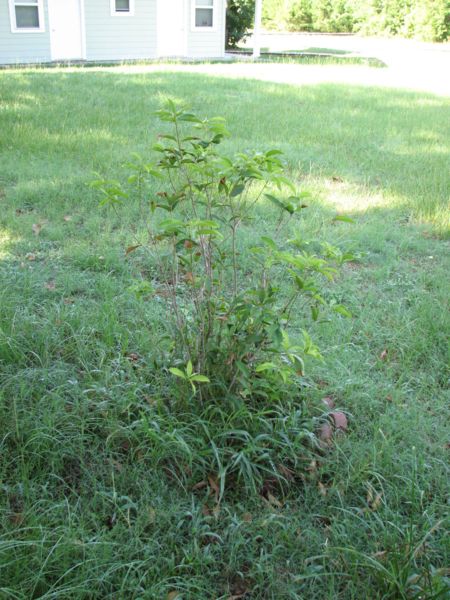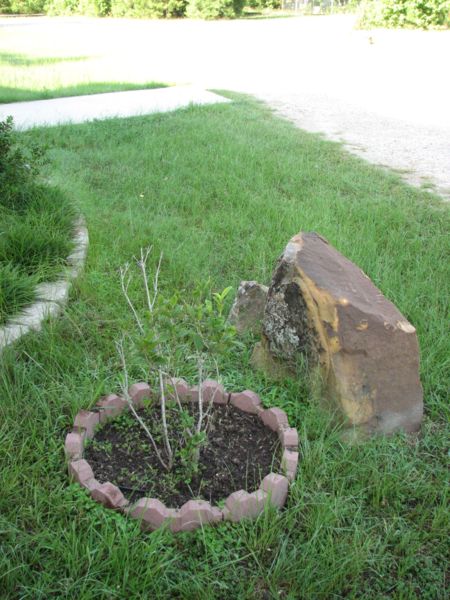 
 字體:小 中 大
字體:小 中 大 |
|
|
|
| 2013/07/14 10:27:13瀏覽168|回應0|推薦2 | |
To weed, or not to weed, that is the question... 南園 ㄧ
南園 二
北苑 二 北苑 ㄧ According to the Wikipedia ( http://en.wikipedia.org/wiki/Weed ) Weed is an every day term used in a variety of senses, usually to describe a plant considered undesirable within a certain context. The word—commonly applied to unwanted plants in human-controlled settings, such as farm fields, gardens, lawns, and parks—carries no botanical classification value, since a plant that is a weed in one context is not a weed when growing where it is wanted. Indeed, a number of plants that many consider weeds are often intentionally grown in gardens and other cultivated settings. Less commonly, the term is applied to any plant that grows and reproduces aggressively outside its native habitat. The term is occasionally used to broadly describe species outside the plant kingdom that can live in diverse environments and reproduce quickly, and has even been applied to humans. This is what I found from, again, Wikipedia... https://en.wikipedia.org/wiki/To_be,_or_not_to_be "To be, or not to be" is the famous opening phrase of a soliloquy in William Shakespeare's play Hamlet. In the soliloquy, Hamlet questions the meaning of life, and whether or not it is worthwhile to stay alive when life contains so many hardships. He comes to the conclusion that the main reason people stay alive is due to a fear of death and uncertainty at what lies beyond life." I am wondering if this is also Mr. Shakespeare's conclusion??? |
|
| ( 在地生活|北美 ) |











